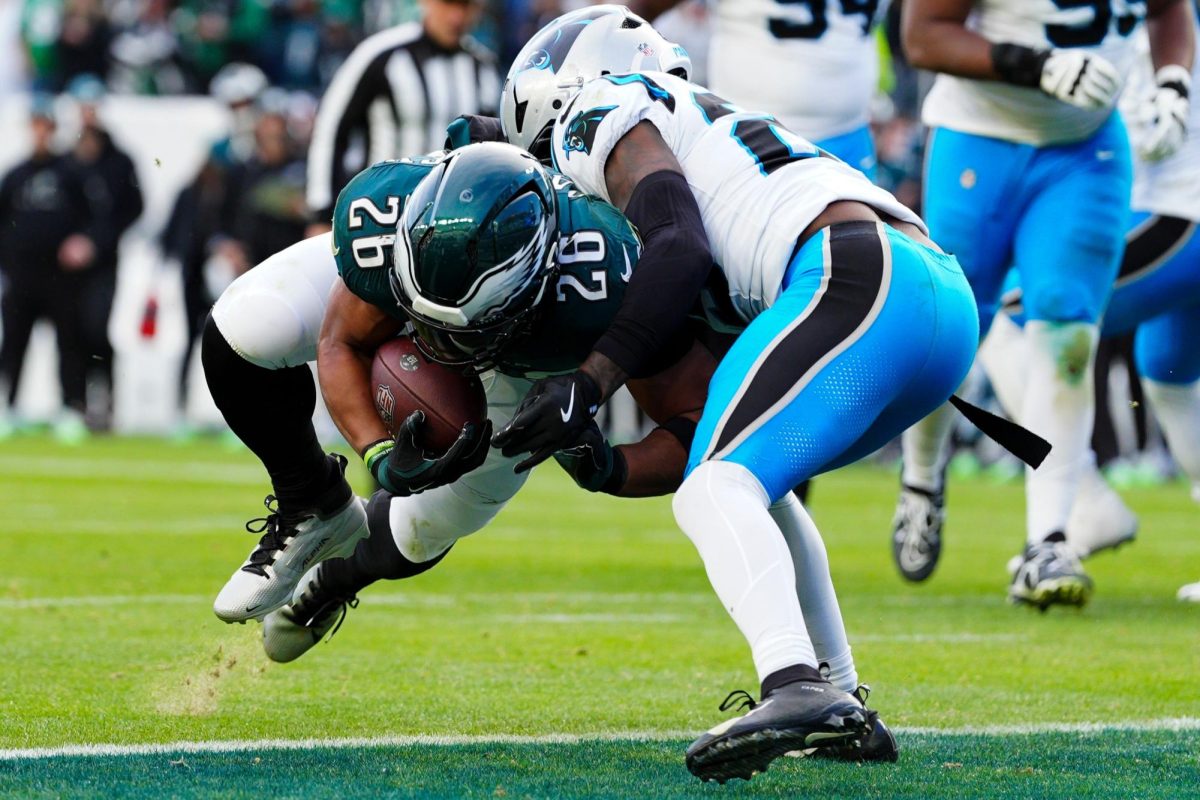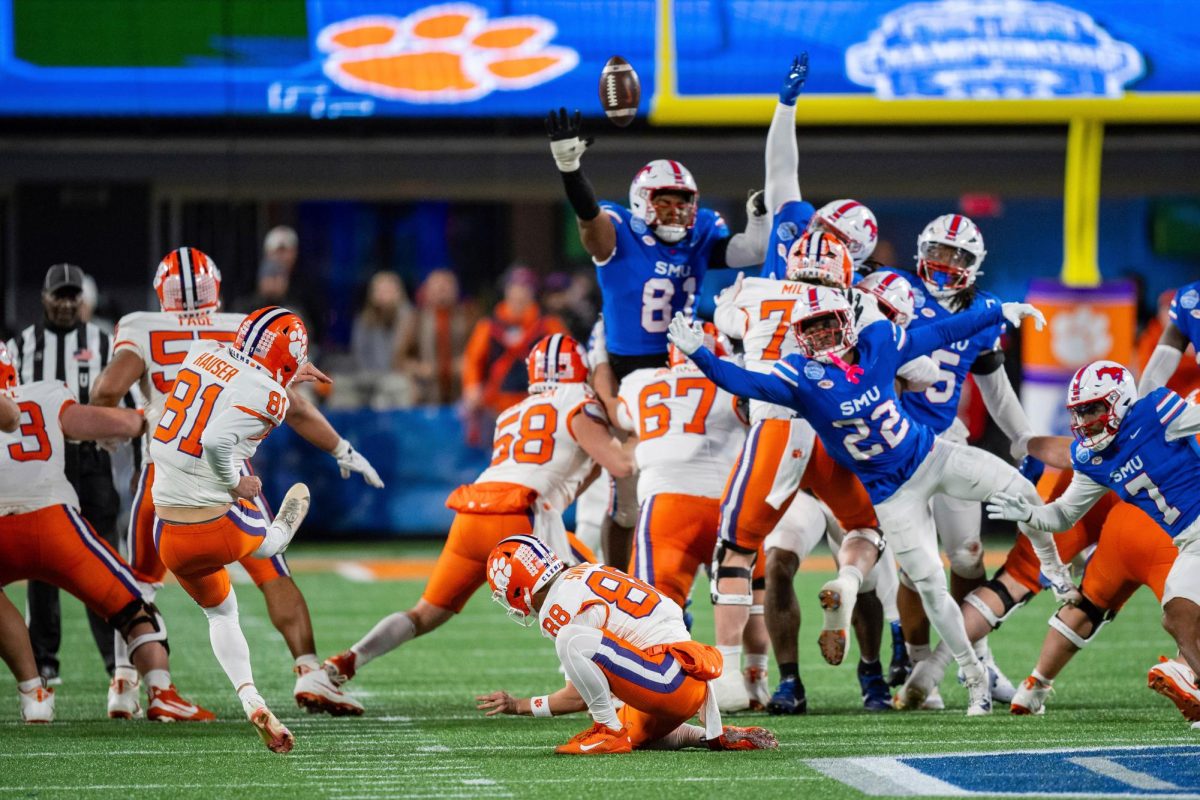During the 2024 Paris Olympics this summer, it was uncovered that two Chinese swimmers used anabolic steroids during their training periods in 2022; yet, they were allowed to compete in the Olympics after being cleared by the Chinese anti-doping authorities. A New York Times investigation further uncovered that up to 23 Chinese swimmers tested positive for the illegal trimetazidine steroids only a few months before the Tokyo Olympics in 2021. These cases are only two of the many doping allegations in the national and global sports industry over the last couple of years.
While the World Anti-Doping Agency claims that less than 2% of professional athletes dope, however, when surveyed anonymously, this percentage jumped to 50%. With a seemingly prevalent rise in doping, is it inevitable that certain professional athletes will succumb to steroid use in order to further themselves in their careers?
Many people advocate for stricter testing protocols and regulation of steroid use in professional sporting events, not to mention the fact that abusing steroids is illegal in the United States. However, one particular perspective about steroid use sticks out in our media. Featured on CNN and The Guardian, one solution to this problem is the Enhanced Games, a project by Australian entrepreneur Aron D’Souza that aims “to be the safest sporting event in the world.” This event, which would mimic the style of the Olympics, would allow athletes to compete while using doping methods and steroids that may be otherwise banned at other sporting events.
“[Encouraging] the use of performance enhancements, under the appropriate medical safeguards” would help “evolve [our] humanity, by demonstrating what the human body is truly capable of,” said D’Souza.
The goal of the Enhanced Games is to offer competitive professional sports through a more transparent lens in response to the rise of athletic steroid use, thus ideally leading to greater health, honesty and fairness within the athlete community.
Furthermore the Director of Athlete Safety at the Enhanced Games, Dr. Dan Turner, assured that the project “[advocates] for the safe, responsible and clinically supervised use of performance enhancements,” and is not simply a free-for-all for doping.
The first Enhanced Games are scheduled to take place in the second part of 2025, with the host city and dates being announced soon.
The response to the Enhanced Games project has been less than supportive. Travis Tygart, the Chief Executive Officer at the United States Anti-Doping Agency, told CNN that the Enhanced Games would “likely [be] illegal in many [US] states” and “a dangerous clown show, not real sport.”
Lawyer Jim Walden questioned the feasibility and legitimacy of the Enhanced Games as the use of certain steroids can be illegal.
“I hope they’re thinking hard about how they’re going to pull this off in the world in which the FBI has a specific unit that is called the Sports and Gaming Initiative that’s focusing on these very issues,” Walden told CNN Sports.
Whether you believe in the transparency message that fuels the Enhanced Games or not, the project offers a new perspective on professional sports viewing and the theatricality of sporting events. While it seems uncertain if these games will ever happen, they have sparked a meaningful discussion about the ethics of doping and whether the benefits of a good athletic performance outweigh the disadvantages steroids can have on an individual’s health.







